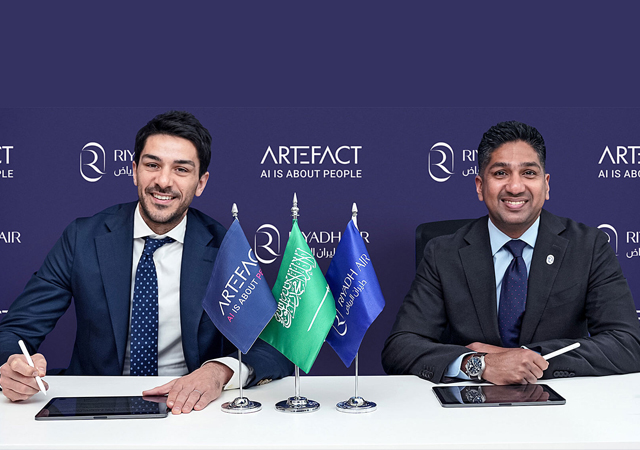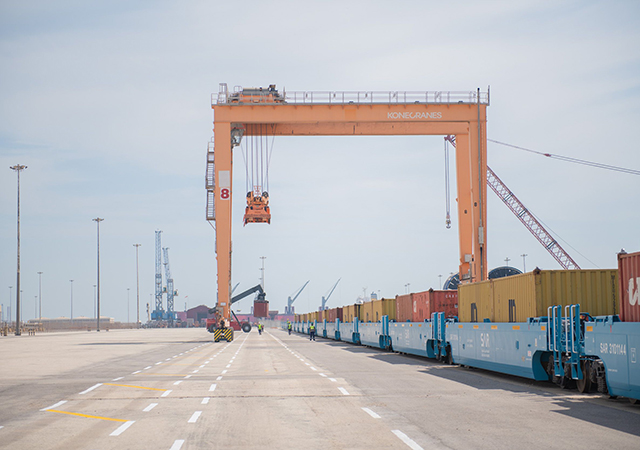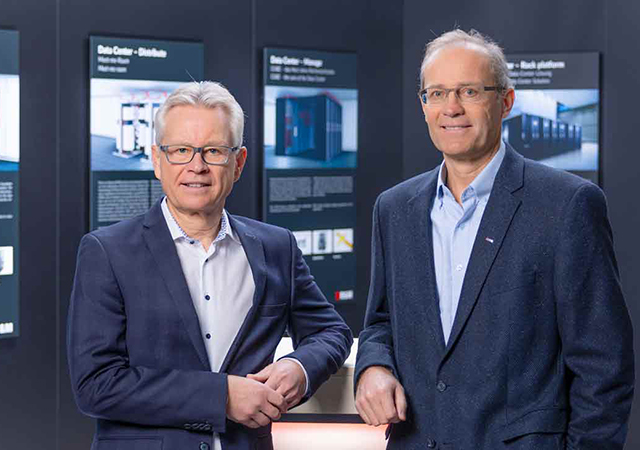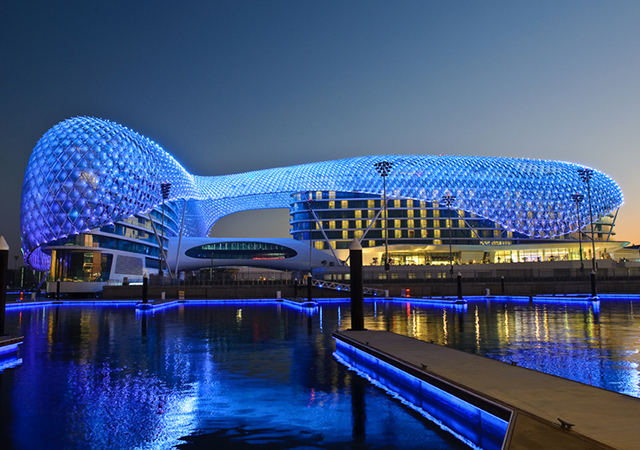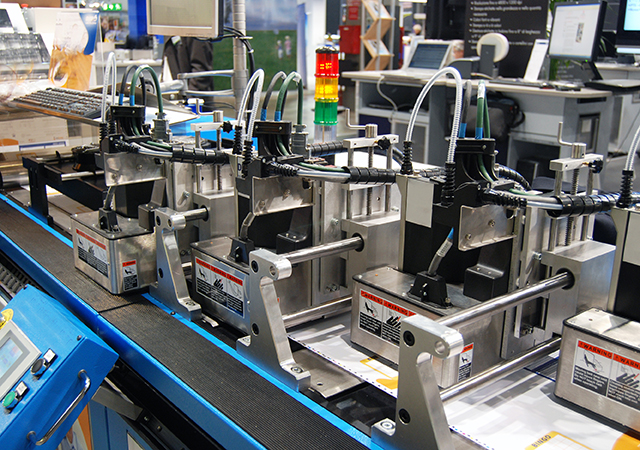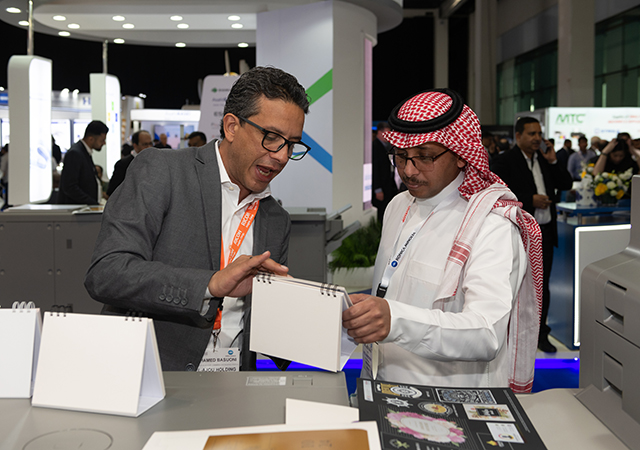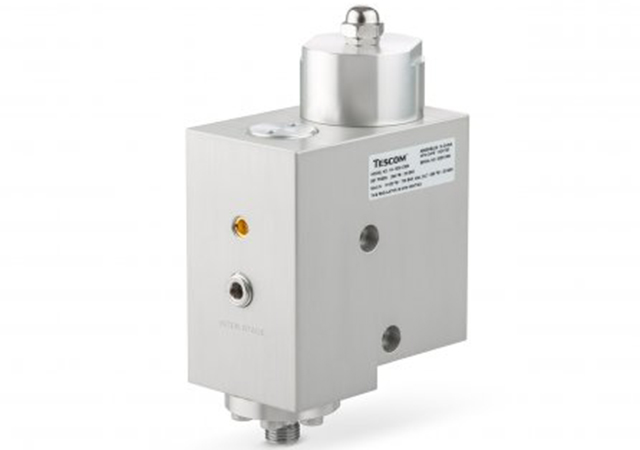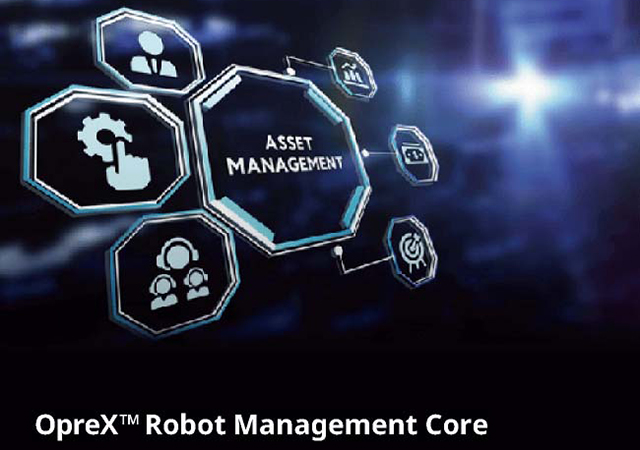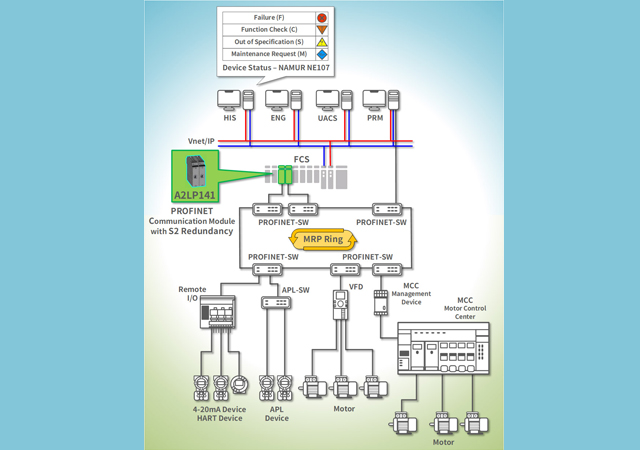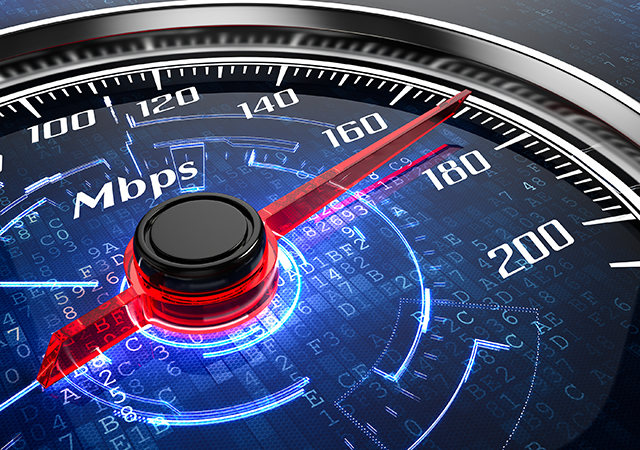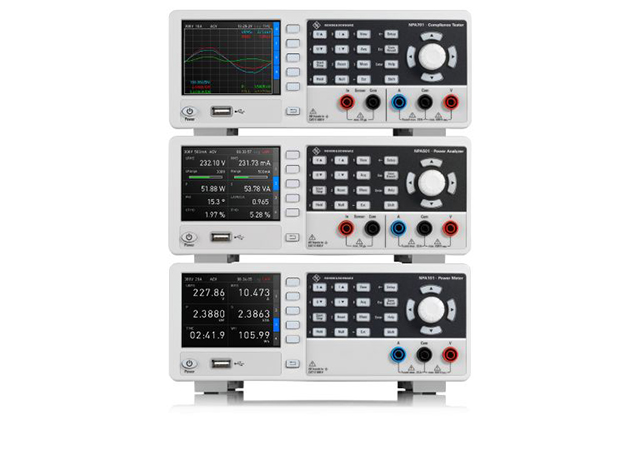
 The SPB6
The SPB6
API685 has become the sealing standard in refinery technology and is being used more frequently in the chemical sector as well. The many innovations of the fourth edition of the American regulations (published in May 2014) have made it necessary to further develop the mechanical seals and their supply systems. Industrial sealing technology specialist EagleBurgmann is currently offering a broadly defined portfolio of seals for all logical API configurations, and the range of API-compliant seal supply systems was expanded and modernised for the new standard.
With the SPB6, EagleBurgmann launched a seal supply system on the market that consistently fulfills the requirements of the plant operators and complies unconditionally with the new API682, fourth edition standard.
The SPB6 buffer fluid circuit system with bladder accumulator securely and continuously supplies double seals in accordance with API-Plan 53B: this type of operation often applied in practice supplies the double seals with clean fluid. The required pressurisation is handled by an accumulator primed with nitrogen, which prevents the process medium from leaking into the buffer fluid circuit or into the atmosphere. The circulation in the buffer fluid circuit occurs according to the Thermosiphon principle, or via forced circulation e.g. with a pumping device. The SPB6 does not need to be connected to a nitrogen supply. Operation is also possible in remote locations.
To cover the standard applications, the SPB6 is available as a standardised, pre-configured complete system. The modular structure makes it easy to configure individual solutions. Different bladder accumulator volumes and heat exchanger variants are available as well as instrumentation accordingly designed for the application. Optional accessories in accordance with standard operator and OEM specifications are also available.
EagleBurgmann SPB6 systems can be delivered in accordance with ASME VIII Div1, Pressure Vessel Directive PED 97/23/EC, SELO approval (China) and TR CU (Euro-Asian Customs Union).


